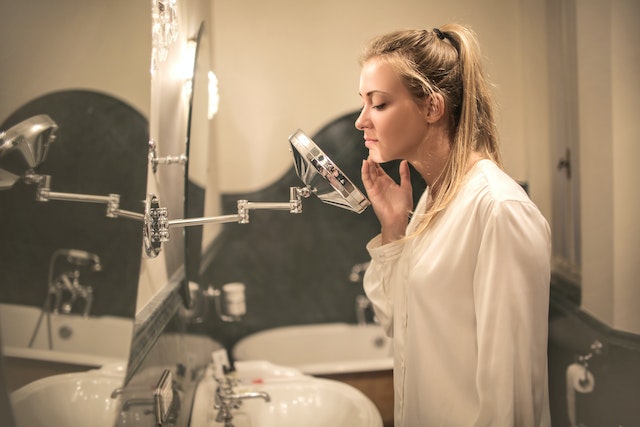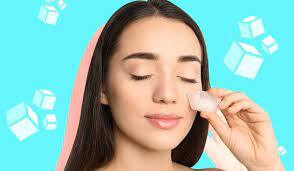Introduction:
Acne is a common skin concern that affects people of all ages. While there are various factors that contribute to acne, our skincare routine plays a crucial role in managing and preventing breakouts. However, many of us unknowingly make mistakes in our skincare practices that can exacerbate acne and hinder our progress. In this article, we will highlight seven common skincare mistakes to avoid, helping you achieve clearer, healthier skin.
1. Over-Cleansing:
One might think that cleansing the face multiple times a day would prevent acne, but over-cleansing can strip the skin of its natural oils, leading to dryness and irritation. It’s essential to cleanse your face twice a day using a gentle, pH-balanced cleanser that is suitable for your skin type. This will remove dirt, oil, and impurities without stripping away the skin’s natural moisture.
2. Using Harsh Products:
Using harsh skincare products can do more harm than good, especially for acne-prone skin. Harsh ingredients like alcohol, sulfates, and fragrances can irritate the skin, disrupt its natural balance, and worsen acne. Instead, opt for gentle, non-comedogenic products that are specifically formulated for acne-prone skin. Look for ingredients like salicylic acid or benzoyl peroxide that target acne-causing bacteria and exfoliate dead skin cells.
3. Skipping Moisturizer:
Many people with acne-prone skin skip moisturizer, fearing that it will make their skin oilier. However, skipping moisturizer can actually worsen acne. When the skin is dehydrated, it produces more oil to compensate, leading to clogged pores and breakouts. Choose a lightweight, oil-free moisturizer that provides hydration without clogging pores. Hydrated skin is healthier and better equipped to fight off acne-causing bacteria.
4. Picking and Popping Pimples:
It can be tempting to squeeze or pop pimples, but this habit can cause more harm than good. Picking at acne lesions can lead to inflammation, scarring, and the spread of bacteria, making the situation worse. Instead, treat acne spots with topical creams or spot treatments that contain acne-fighting ingredients. If needed, consult a dermatologist for professional extraction to avoid complications.
5. Neglecting Sun Protection:
Sun exposure can worsen acne and lead to post-inflammatory hyperpigmentation. Many acne treatments can also increase skin sensitivity to the sun. Therefore, it’s crucial to protect your skin from harmful UV rays by applying a broad-spectrum sunscreen with an SPF of 30 or higher, even on cloudy days. Look for oil-free, non-comedogenic sunscreens that won’t clog your pores.
6. Sharing Skincare Products:
Sharing is caring, but not when it comes to skincare products. Sharing makeup brushes, sponges, or skincare products can transfer bacteria and lead to cross-contamination. It’s important to use clean tools and avoid sharing products to prevent the spread of acne-causing bacteria. Additionally, regularly clean your makeup brushes and sponges to maintain good hygiene.
7. Stress and Skincare Neglect:
Stress can contribute to acne breakouts by triggering hormonal imbalances and inflammation. Moreover, when stressed, we may neglect our skincare routine, leading to a buildup of dirt, oil, and dead skin cells. Prioritize stress management techniques like exercise, meditation, and self-care to reduce stress levels. Stick to a consistent skincare routine and give your skin the attention it deserves.
Conclusion:
Achieving clear, acne-free skin requires a combination of proper skincare practices and avoiding common mistakes. By avoiding over-cleansing, using harsh products, skipping moisturizer, picking at
pimples, neglecting sun protection, sharing skincare products, and neglecting skincare due to stress, you can improve your chances of achieving a healthier complexion. Remember, consistency is key, and if you’re struggling with acne, consult a dermatologist who can provide personalized guidance and treatment options. With the right approach, you can bid farewell to acne and embrace clearer, more radiant skin.











